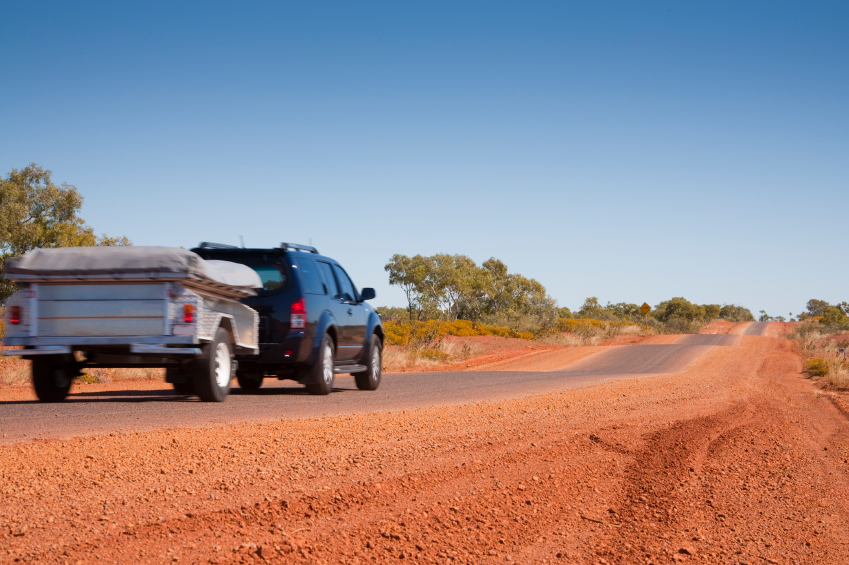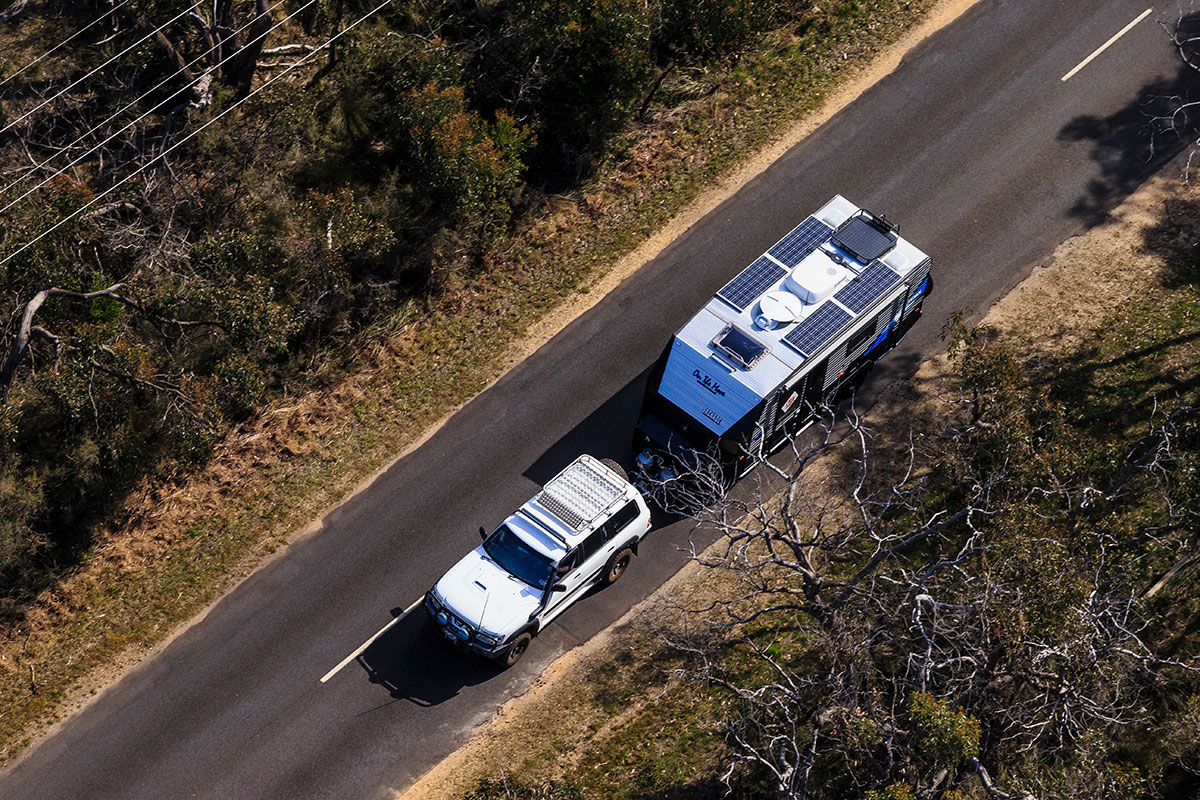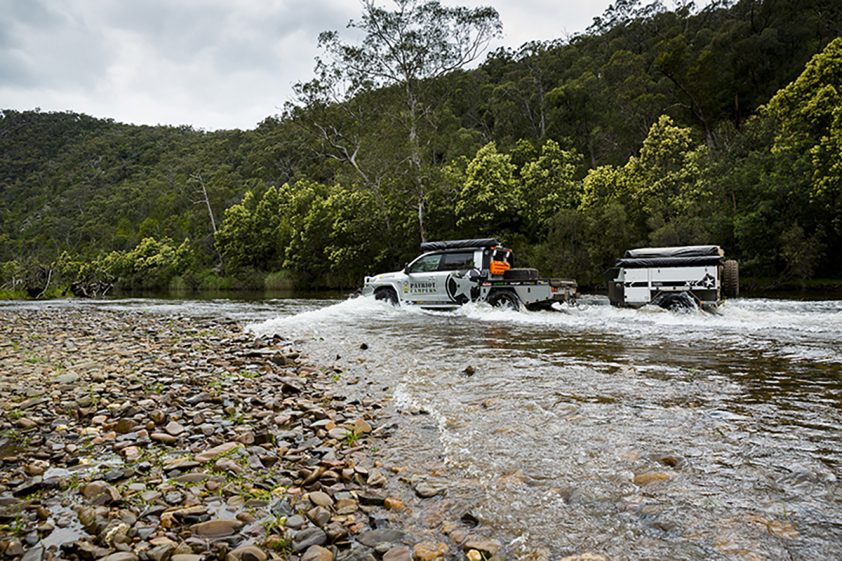It’s the ultimate towing question: what are the best towing vehicles to use? The answer isn’t simple, but it’s certainly possible to ascertain which vehicle types are most suited to towing your trailer.
Two-wheel drive
When it comes to towing with a standard two-wheel drive vehicle, you need to be mindful of staying well within its towing capacity. This can be quite limiting with caravans and boats, and can restrict how fully you can load a trailer, so you need to be constantly aware of the weight limits. Having the rear end sag due to excessive weight or uneven weight distribution is dangerous and can cause instability.
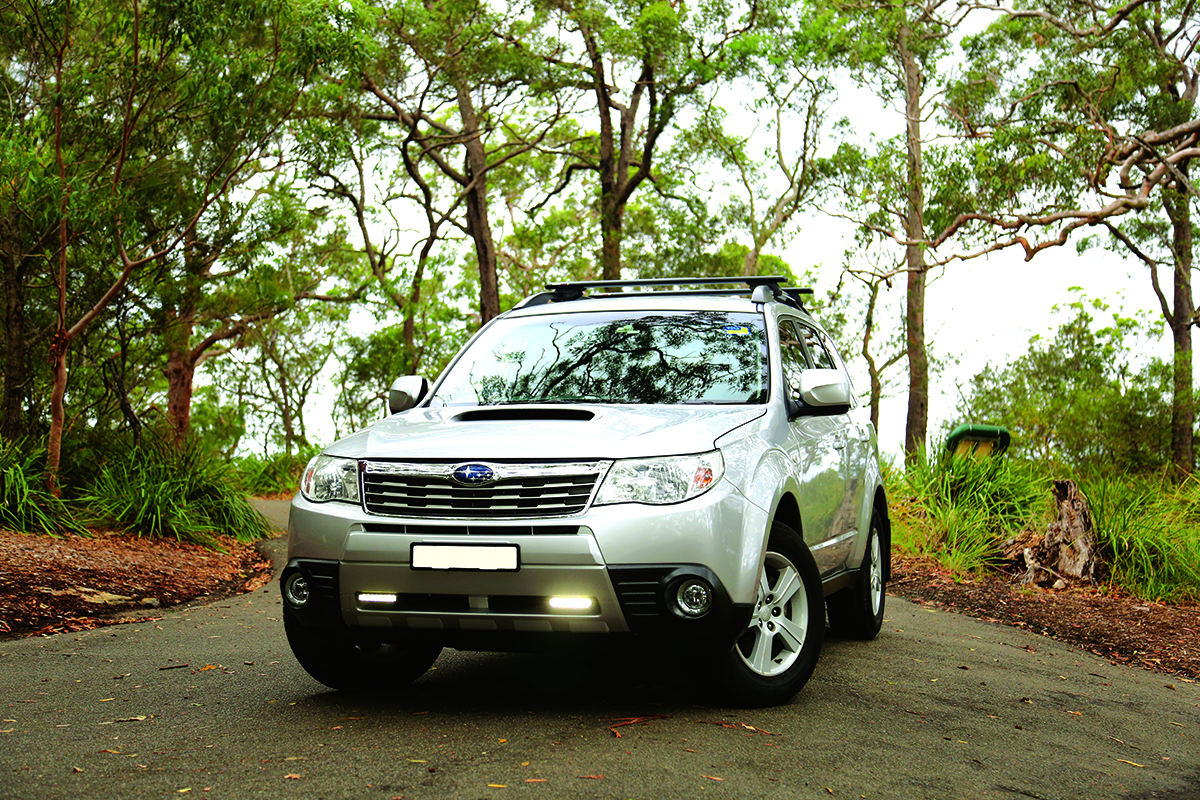
Other things to consider when towing with a two-wheel drive:
- Take care when towing in the wet or on other slippery or uneven surfaces, as traction of towing vehicles can be an issue.
- Rear-wheel drive cars are widely considered the best two-wheel drive option for towing, as front-wheel drives tend to be more sensitive to weight distribution.
- Testing has shown that two-wheel drives are more fuel efficient, even when towing, than four-wheel drive vehicles.
All-wheel drive
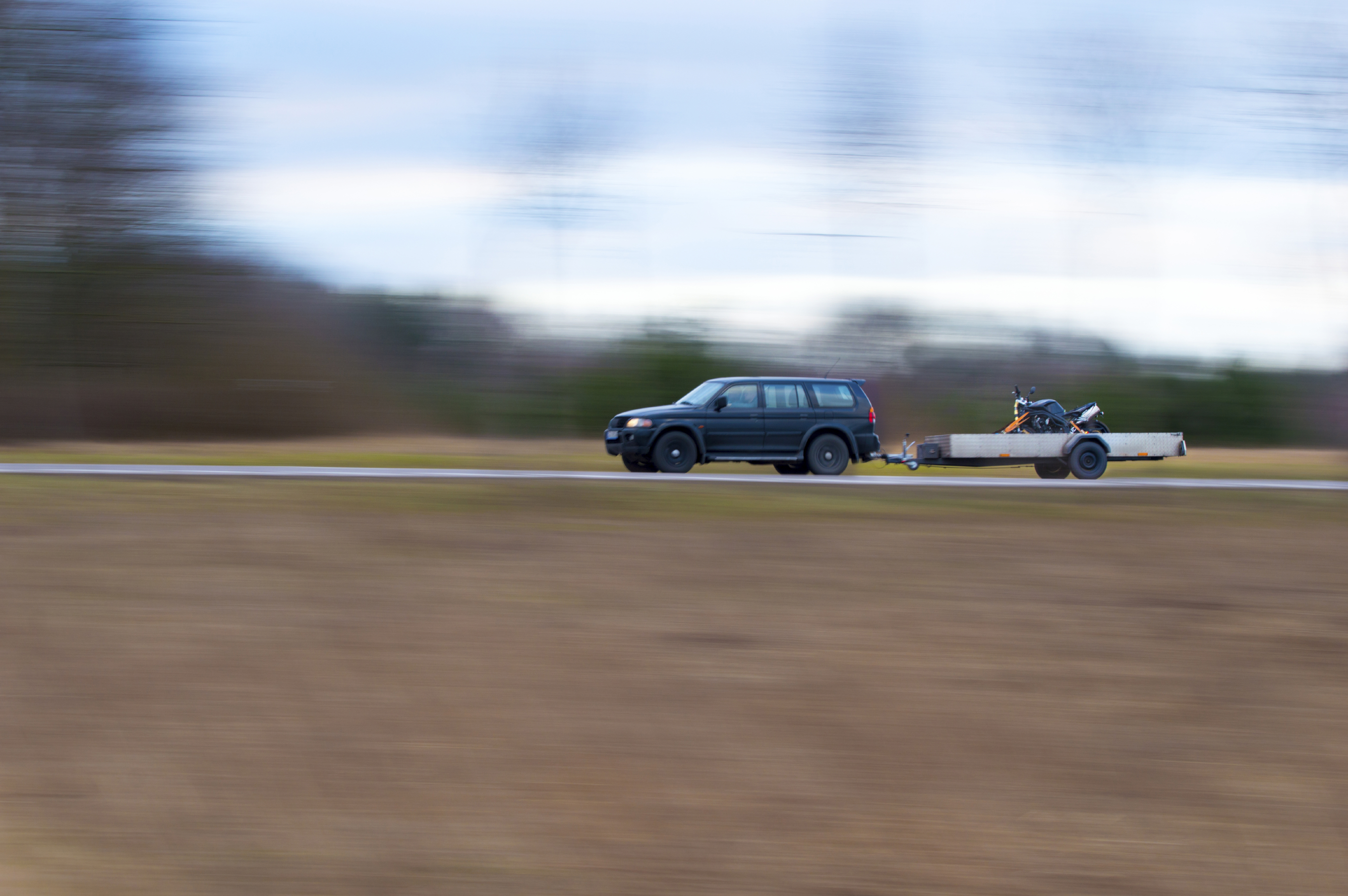
Usually found in a sport utility vehicle (SUV) style car, the all-wheel drive is a modern vehicle that is a lighter weight alternative to a four-wheel drive. It also gains more traction than a two-wheel drive. If you’re thinking of towing with an all-wheel drive, consider the following:
- Remember that an all-wheel drive isn’t equivalent to a four-wheel drive. You can’t take it on the same tracks or expect the same performance, simply because it doesn’t have the same ground clearance (in most instances) or low range.
- Expect the fuel economy to be somewhere in the middle of a two-wheel drive and a four-wheel drive, even when towing.
Four-wheel drive
There are two instances in which a four-wheel drive vehicle is necessary or preferable for towing. The first is obvious: when you’re looking to head off-road and into the bush, you’ll need the capabilities and ground clearance of a four-wheel drive. Secondly, if you’re towing a boat trailer a four-wheel drive is preferable, especially on the boat ramp.
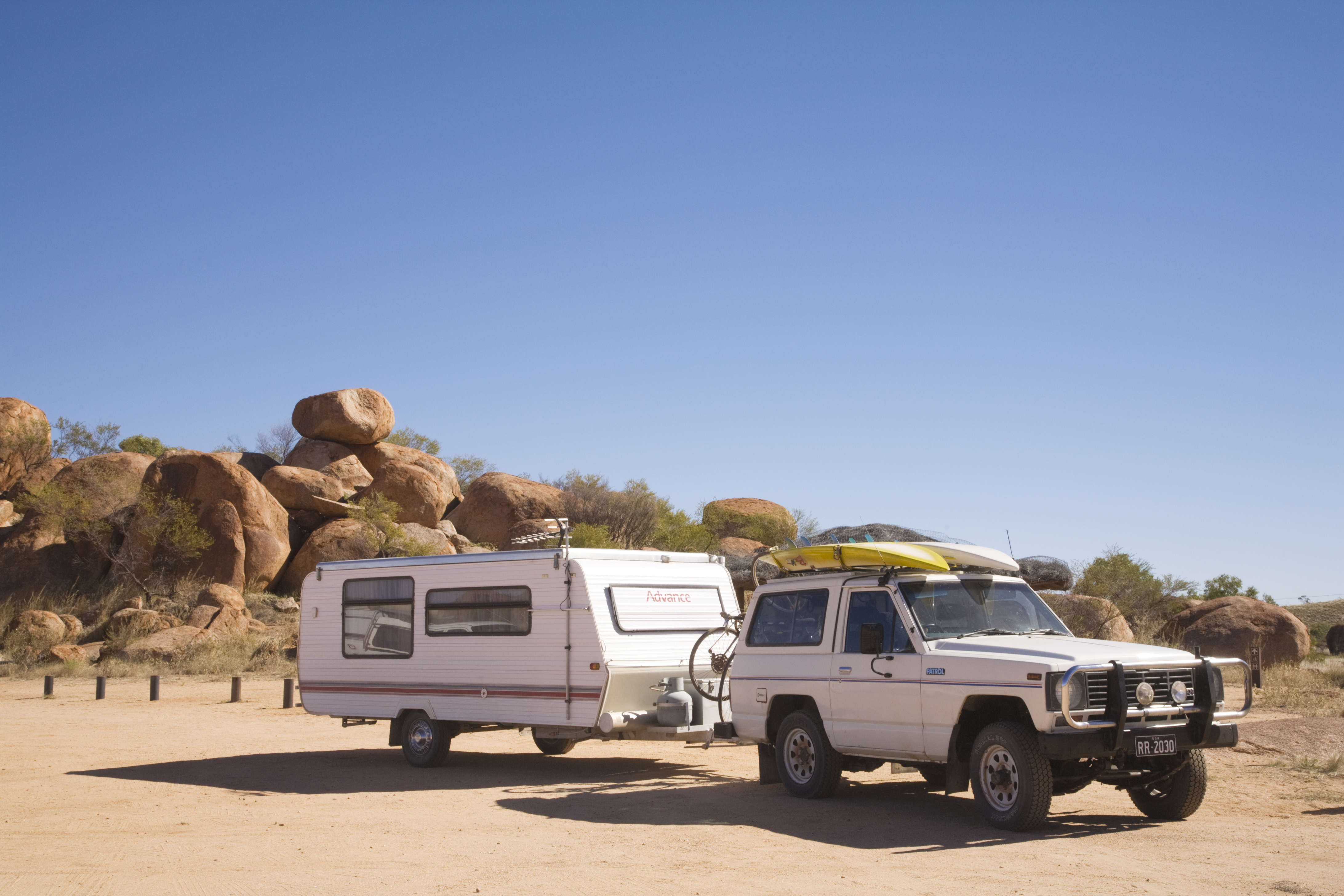
Consider the following when towing with a four-wheel drive:
- Ensure that your trailer has the same capabilities as your vehicle. Look at the ground clearance first – the trailer or camper needs to be at the same height as the vehicle for both clearance and stability purposes. Next, do your research on trailer tyres and the durability of the trailer’s materials.
- Boat ramps can be slippery and sandy, and hard to gain traction on, so many boat owners opt to tow with a four-wheel drive. Using low range on the boat ramp can save your clutch, transmission and drive train.
Most importantly, always check your vehicle’s towing capacity with the manufacturer and ensure you’re driving safely, no matter what the vehicle is.
We can help you find the best car to tow your special cargo.

